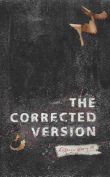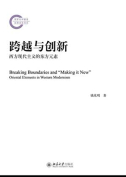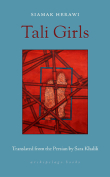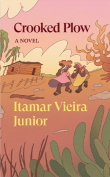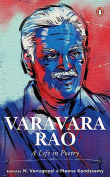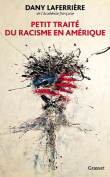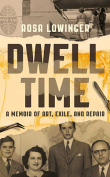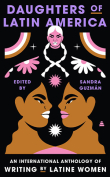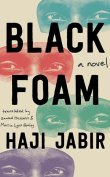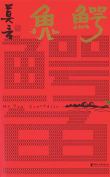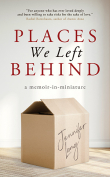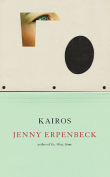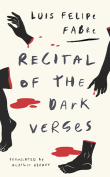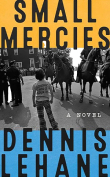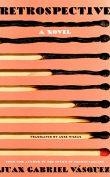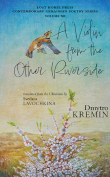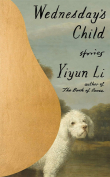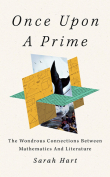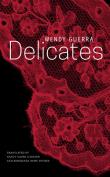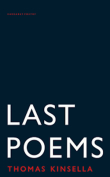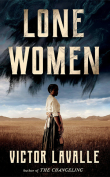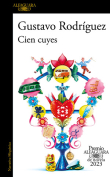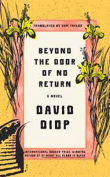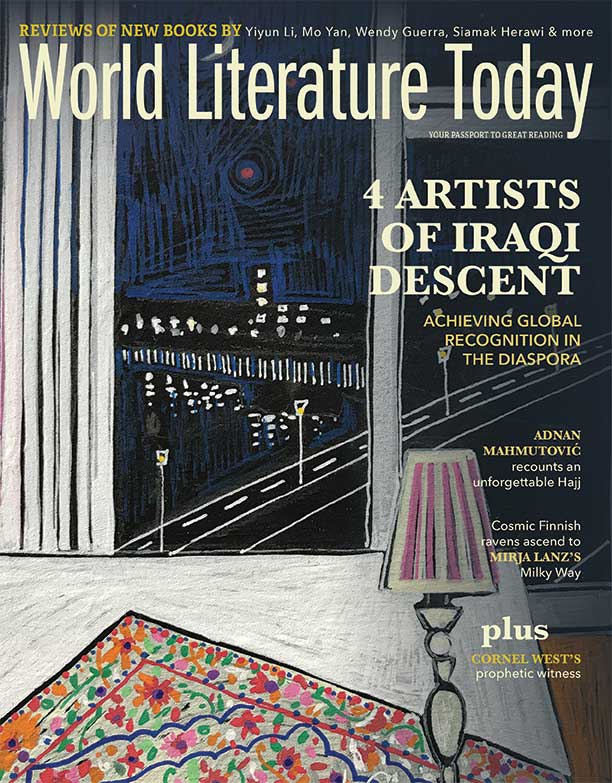Of Cattle and Men by Ana Paula Maia
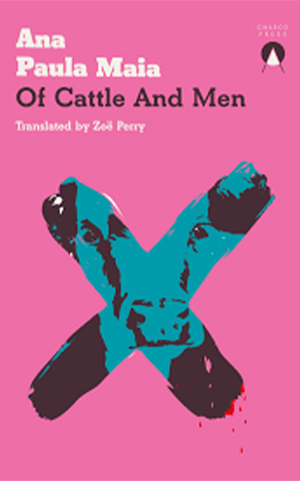 Edinburgh. Charco Press. 2023. 104 pages.
Edinburgh. Charco Press. 2023. 104 pages.
Of Cattle and Men is an excellent book of many dark, quiet questions. What does death mean to men who work in a slaughterhouse, who manually dispatch one hundred heifers and steers a day, six days a week? Their hands and face are accustomed to the feel of blood, their noses to its ferrous smell. As soon as one beast is dispatched, another appears. From beast to meat, over and over again. Ana Paula Maia’s is a world where meat reigns supreme, where prostitutes are paid with it by the kilo, where so much blood flows into the rivers they turn salty. “In those places where blood mixes with soil and water, it’s difficult to make any sort of distinction between man and animal.” The murder of a man is casually overlooked. Why not? If he is replaceable, just one of the herd, what loss was it really?
Prey and pray is the juxtaposition that Maia posits. If meat-eating is natural, then the argument is atheistic: why shouldn’t we eat meat, made as we are for such a diet, with our pointed teeth and predator-like cunning? However, if the meat we eat is sacrificial, a choice of believing we should do so, our attitude toward the animals we slaughter is more agnostic than devout; we skip grace and go straight for the feast.
Edgar Wilson, the central character, is a sensitive soul who “cares about ordaining the souls of each ruminant that crosses his path.” He prays for the salvation of the souls of the cattle he slays. The lime cross he draws on their foreheads evokes baptism, repentance, death-bed conversion. It also marks the location where he drives his killing mallet home. A believer, he feels there will be no salvation, that his violent work will keep him from heaven. For him, “there will be no dawn, nor the emergence of the Creator. . . . He’s not proud of what he does, but if someone has to do it, then let it be him, who has pity on those irrational beasts.”
Eating meat carries an element of the Catholic sacrament; the blood and body of a sacrifice eaten to become one with the greater whole. An abandoned slaughterhouse is a defiled church, raided and sacked. A broken statue of São Roque, the Catholic saint invoked to protect against diseases afflicting cattle and dogs, alludes to some broken pact with, if not a higher power, then our better nature.
Nature, in this sense, covers two contrasting things: the way we choose to act, and the way we are naturally bound to act. Technology, urbanization, and consideration of animal rights have drastically altered our relationship with animals. Whether that has been a good change is indeterminate, but it has caused our desires to become unaligned with our needs. How much of our animal selves (our animal desires) can we retain and remain human? If you crave the taste of meat, are you truly opposed to murder? We are a reflection of our actions as a society as much as individuals. We might not take a human life, but when it comes to animals, so long as there are others to carry out the killing, we are happy enough to let it go on. Wilson, the man tasked with snuffing out six hundred lives a week, sees his reflection in the “unfathomable” eyes of the beasts he stuns. When one dies of its own devices, his image is missing.
“Food is what attracts animals,” Maia writes, what “makes them nice and tame.” Refined but for the bloodshed we both demand and decry.
A final note: cattle are, for many, hard to decode, but they are observable. My life around them, and around cattlemen, has made me vigilant to statements such as these: “Cattle, every one of them, graze to the north, as they can sense the Earth’s magnetic pull. Few know the reason behind this, but the people who work with cattle every day know they adhere to a code of conduct, and they all stand facing the same direction while grazing. This sort of harmony is unheard of in men.” Dear reader, I’ve touched more cows than most will ever see. They are individual as you and I; they do not preternaturally act in unison. Any notions of coordinated grazing, or of lying down before a storm, are, I assure you, blarney.
J. R. Patterson
Gladstone, Manitoba
